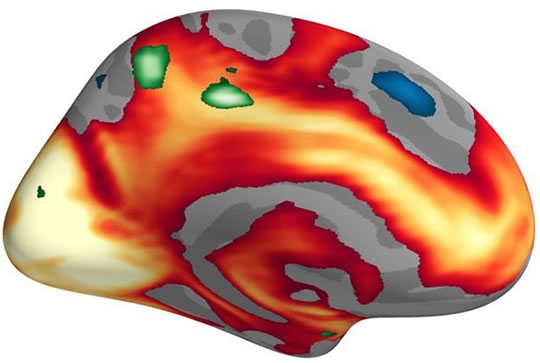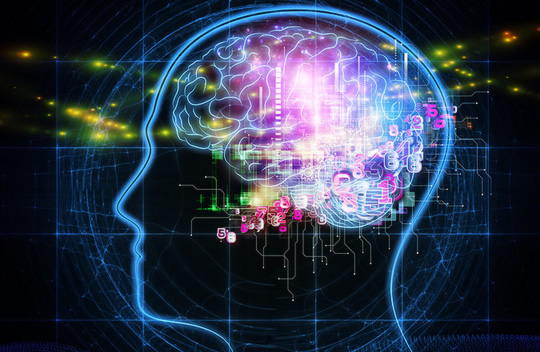Poor sleep’s negative effect on memory is well-known, but what about the effect of memory on sleep?
It’s long been known that animals — from flies to humans — have trouble with their memory when they don’t get enough sleep.
Getting enough sleep is critical in converting short-term memories into long-term memories.
That’s the reason that all-nighters don’t work; but little is known about how memory affects sleep.
One theory has it that memory neurons are actively trying to put us to sleep so our brains can transfer information into long-term memory.
In a new study, researchers at Brandeis University have put this to the test in fruit flies.
The fly has a structure in its brain called ‘the mushroom body’, which is similar to the hippocampus, the area of the human brain that’s vital for memory consolidation.
The results, published in the journal eLife, show for the first time that when critical memory neurons were active, the flies slept more (Haynes et al., 2015).
This suggests that memory plays an active role in the sleep cycle.
Not only did parts of the mushroom body in the fly’s brain help send it to sleep, at other times it was helping to keep it awake.
Bethany L Christmann, one of the study’s authors explains:
“It’s almost as if that section of the mushroom body were saying ‘hey, stay awake and learn this.’
Then, after a while, the DPM neurons start signaling to suppress that section, as if to say ‘you’re going to need sleep if you want to remember this later.'”
Christmann continued:
“Knowing that sleep and memory overlap in the fly brain can allow researchers to narrow their search in humans.
Eventually, it could help us figure out how sleep or memory is affected when things go wrong, as in the case of insomnia or memory disorders.”
Image credit: Simon Pais-Thomas









